"Journalism and music. The George Enescu International Festival" was the theme of a debate hosted by the Romanian Cultural Institute (ICR), with the chairman, Liviu Jicman, highlighting the essential role of journalists in the relationship between cultural events and the public and advocating for the encouragement and development of this specialisation now.
"The role of the journalist is an essential one, in general, in all our work in the field of culture, because through you we reach the public. And that's why we continued this series - 'The International Calendar of the Arts' and, basically, all the events this year, in this series, we dedicated to cultural journalism. Part of our collaboration with the George Enescu International Festival and the partnership with ARTEXIM, we proposed this meeting that brings together journalists from the country and abroad, present at the festival, because a large-scale event such as the Enescu International Festival could not have an international visibility without cultural journalists. And I think we have to think about how we encourage, how we develop both the journalism school and this specialisation in the present world," Jicman told AGERPRES.
Gilda Lazar, communication director for the George Enescu International Music Festival, pointed out that a priority of the festival's organisation was to increase the coverage of the event in international media and social media.
"We are glad to see the results. There are over 60 foreign journalists attending the festival. (...) It is a massive presence, and we hope to have an important coverage in the main specialised music publications, because the festival deserves to be promoted. It is, indeed, the highest in Europe, when it comes to concentration. You have seen that there are days with six concerts - on Sundays, and five - on Saturdays. In total, over 100 concerts in Bucharest. A lot of related events, plus round tables, debates, exhibitions," Lazar told AGERPRES.
Marius Constantinescu, journalist and writer, said that the role of the cultural journalist is to interact with the public in a way that is as "creative and jocuous" as possible, showing them that music and the cultural phenomenon can be "extremely attractive things."
"If we think about the definition of journalists, who, at one time, were seen as watch dogs, I think that the cultural journalists can also be a kind of watch dogs, but who do not bite, but who comes and brings you a kind of cute dog, which you can caress, because it pleases you and does you good at the same time," said the journalist.
He added that in the media coverage of the Enescu Festival, he noticed an intense insistence on the online area, which is very good, but not "an importance given to the cultural journalist, in the classic way of the word."
"I don't know if there is a need for a solution. I think it's a new way of posing the problem, I think it's an adaptation to the times we live in, but I think it's interesting to see, always, that things can work in collaboration, 'with each other', and not 'one and the other', because, in the end, I think we have the same interest, that of bringing cultural information, which many of us consider valuable and useful, to the audience we have: readers, listeners, viewers, net users," added Constantinescu.
Cristina Comandasu, music critic and radio producer, believes that "if music journalism did not exist, everything that is heard on sound, related to the Enescu Festival, would not have been listened to," the entire Romanian society being "poorer, deprived of a source of well-being, culture, spiritual well-being in general."
"So, although it seems that journalism in general no longer matters today, in an age of influencers and social networks, quality journalism is, in fact, essential, and perhaps even more important nowadays. (...) I think we should sound the alarm that supporting journalism and cultural journalism in general is essential," Comandasu said.
G illes Charlassier (Classicagenda.fr, France) pointed out that the organisation today of the Enescu Festival, which he called "a kind of European meeting point", which takes place "in a particular context, due to the threat of Russia", represents "a way to reconfirm, in a strong manner, our common European identity".
"Numerous orchestras are present here to honour Enescu's music, and implicitly, to reaffirm our common European identity," the journalist told AGERPRES.
He lamented the economic damage to journalism and cultural journalism in general.
"We are talking about economic, ecological risks and, equally, political risks - I am referring here to Russia and, in this unfavourable context for our profession, the development of AI weakens the work of journalists, the meaning we want to give to our work and even the intellectual and social sense of the present society," said the French journalist.
Laurent Bury (Concertclassic.com, France) considers that for cultural journalists it is "an honour and a duty" to be able to present the cultural event with the possibilities available to them.
"This is the first time I come to the Enescu Festival, the first time I come to Bucharest,and I am delighted to have been invited. I can only admire the presence of so many musical bands, with such a rich schedule, at a time when cultural budgets are diminished. I don't know how it is in Romania, but I can tell you that in France the situation is terrible, great musical institutions, such as the Paris Opera, but also in the rest of France, essential for French culture, suffer from the decrease in the number of shows or representations. And that is why it is worth noting that, despite such problems, an event like the Enescu Festival takes place," Laurent Bury told AGERPRES.
The debate, organised by ICR, through the National Book Centre in partnership with Artexim, was also attended by personalities of international journalism accredited to the George Enescu International Festival: Peter Quantrill (Bachtrack.com and OperaWire.com, Great Britain), Vincent Guillemin (Resmusica.com, France), David Zsoldos, CEO and founder of Papageno.hu, president of the Hungarian Music Council (Hungary).
The27th edition of the George Enescu International Festival takes place in Bucharest and elsewhere in the country throughout September 21. This year, the theme of the event is anniversaries - "Celebrations" - amid the 70th death anniversary of the great composer.
The National News Agency AGERPRES is a traditional media partner of the event.


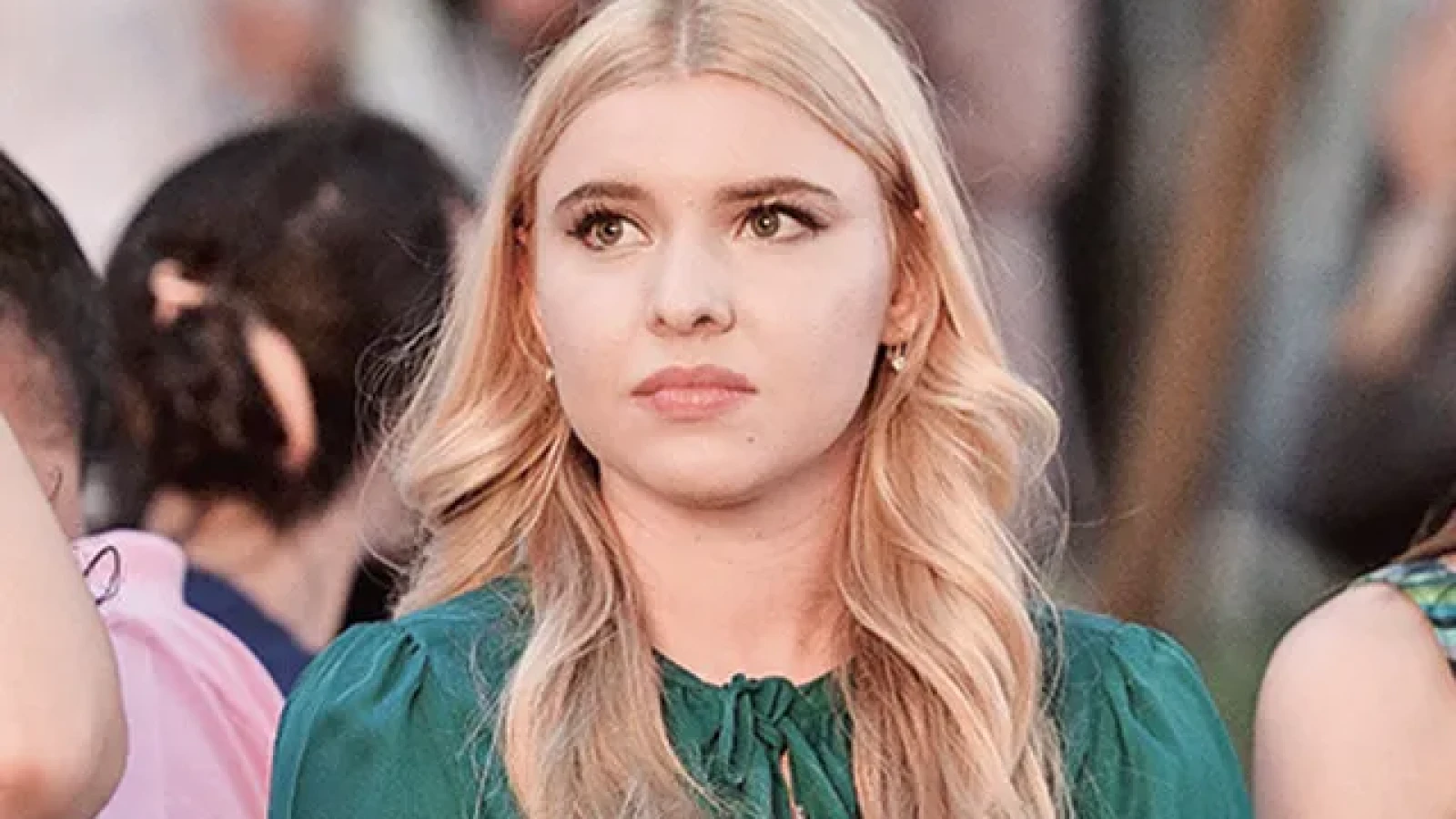
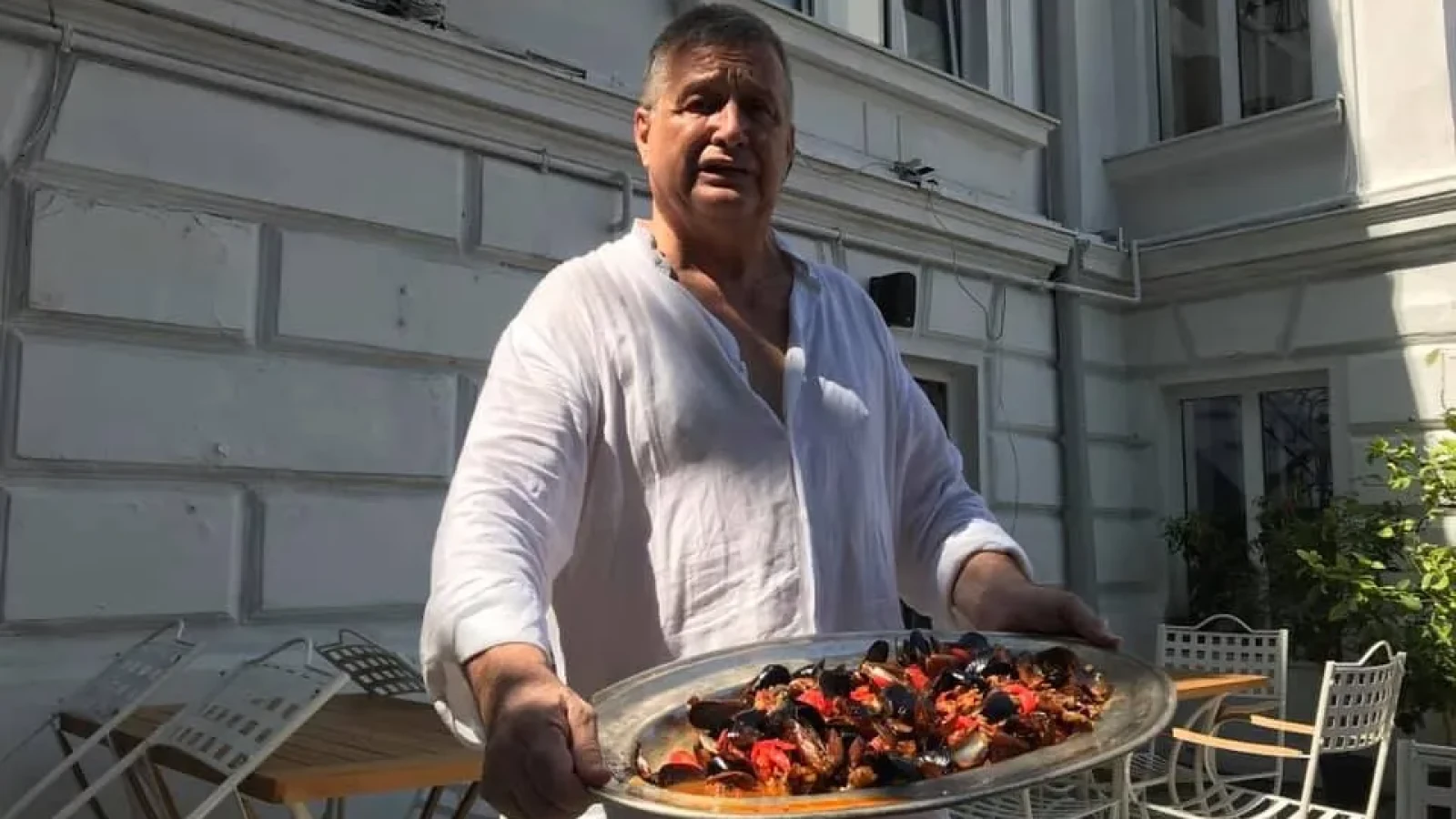
















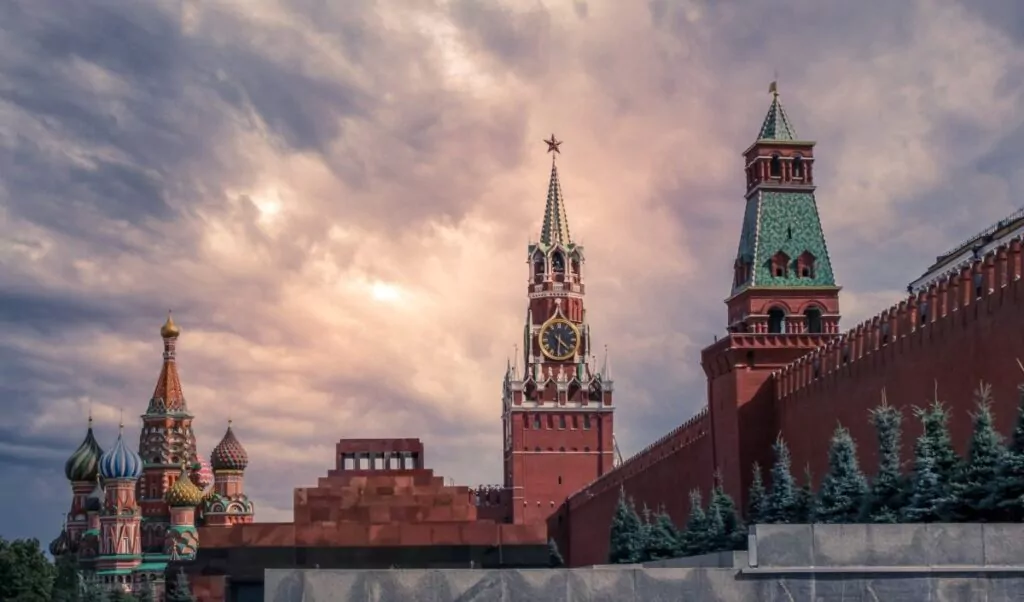
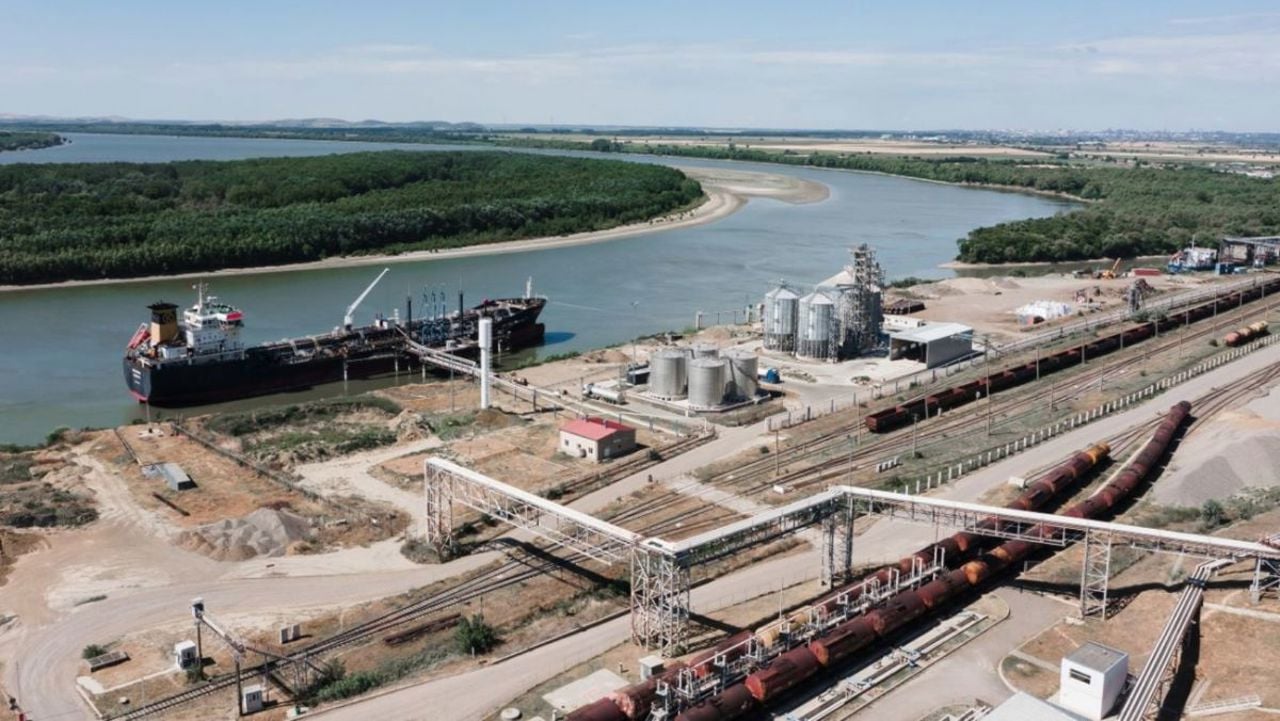



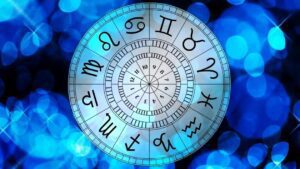






Comentează